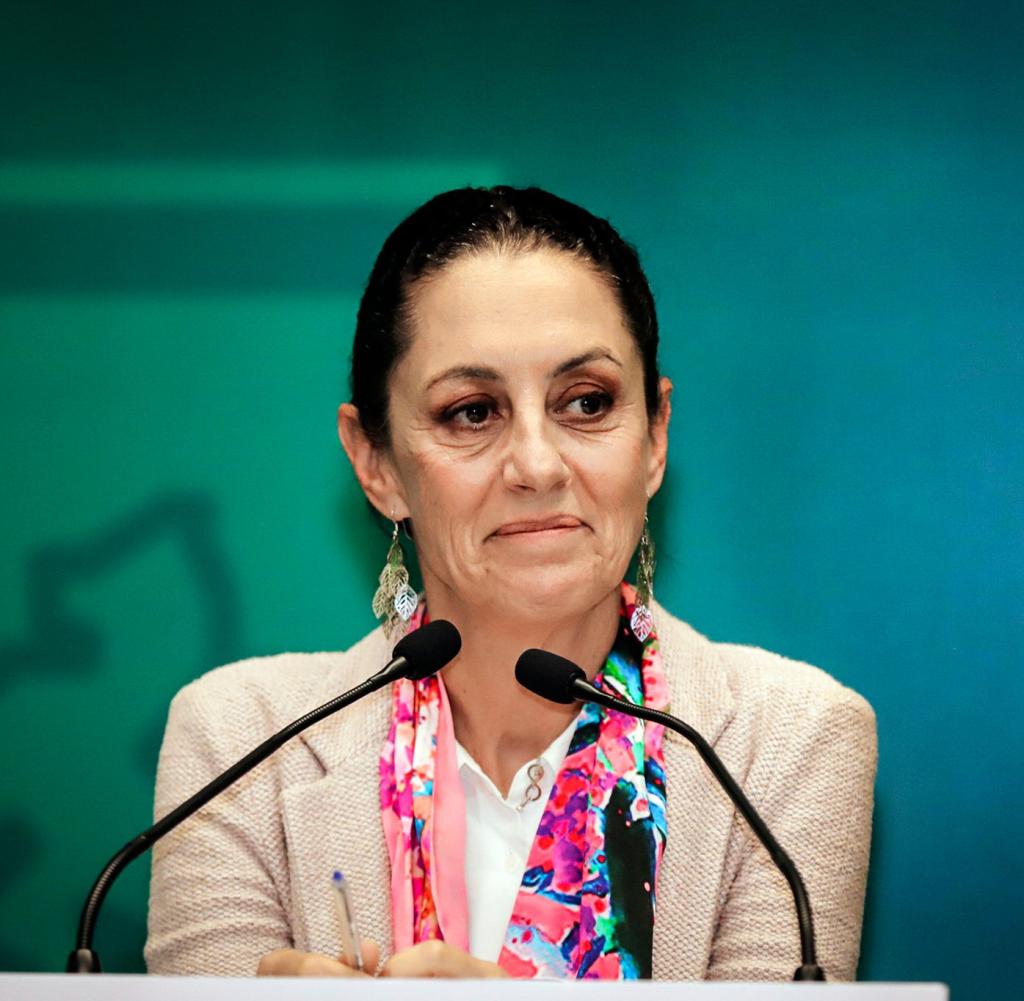There are so many different parenting styles and books available to guide parents that more often than not, it is overwhelming! Where do you begin? How do you know what methods will work for you and your family? How can you be the best parent/caregiver to your child?
According to Judy Arnall, parenting professional and author of the Canadian Bestseller, Discipline Without Distress, “As parents, we are going to mess up. We won’t do everything right…. The truth is they’re not perfect children. We’re not perfect parents.” Parenting methods today have changed greatly due to advancements in technology. Because of that, we have learned more about brain development and what affects it. In addition to that, technology has also reshaped how most children play and interact with others, especially parents. Many things have changed since we were children, especially views on parenting and methods of discipline and because of that, we often have to change how we parent – particularly if we parent the way we were parented.
In a non-punitive discipline method, one that does not use any form of punishment, the goal of disciplining a child is to teach them life-long character building skills. When we discipline children, we are trying to protect them; instill our values; and teach them how to become healthy, productive adults in society; although this may not be apparent to your child until they walk in your shoes.
While selecting parenting methods that best suit your family, you should also consider your child’s unique multiple intelligences as this will impact the effectiveness of your parenting approach. Howard Gardner, a Harvard psychologist, has identified 8 types of intelligence: linguistic, logical/mathematical, spatial, bodily/kinesthetic, musical, interpersonal, intrapersonal, and naturalist. Parents need to recognize their child’s intelligence type because a rearing method for a child with one type may not work the same way for a child with another type. As with communicating and working with different personalities in our professional life, parents can benefit from catering their communication approach to the type of intelligence their child has for a more desirable outcome.
Communication is something we have to work at in every aspect of our lives. It is important that you have open communication with your child especially when fostering their creativity. “A preschooler’s world revolves around fantasy and imaginative play… A creative child has an immense gift to brainstorm solutions to any problem and this skill will get them far in life”, writes Judy Arnall. It is very important to know where your child is at cognitively. It will help you understand why they think and act the way they do!
For more information on positive parenting please refer to these websites:
• http://www.parentlinkalberta.ca
• http://www.triplep.net
• http://positiveparenting.com
Additionally, Kidz 1st Network Parent Link Centre will be hosting their 6th Annual Early Learning and Childcare Conference on October 27. Judy Arnall is the guest speaker and the topics she will be discussing include disciplining without distress, brain building play ideas, and multiple intelligences. If you are interested in attending the conference, please call 403-207-7060 or email plcinfo@chestermere.ca.
Parenting without Distress
In response to Canada's Online News Act and Meta (Facebook and Instagram) removing access to Canada's local news from their platforms, Anchor Media Inc encourages you to get your news directly from your trusted source by bookmarking this site and downloading the Rogue Radio App. Send your news tips, story ideas, pictures, and videos to info@anchormedia.ca.








